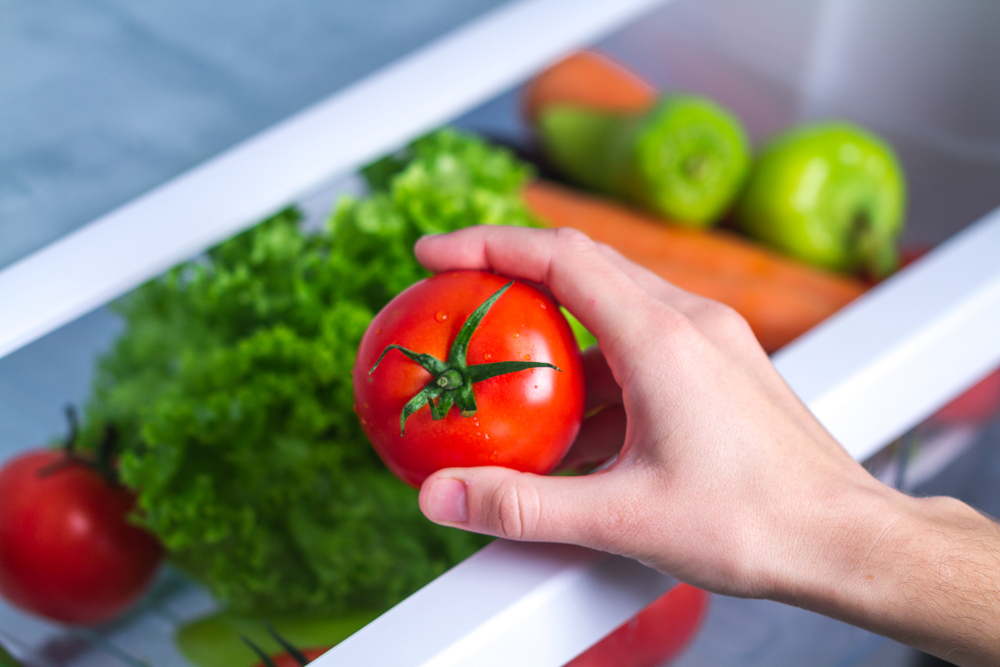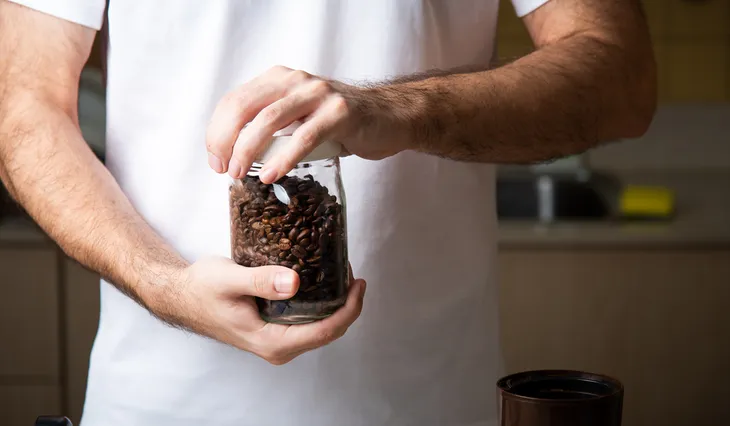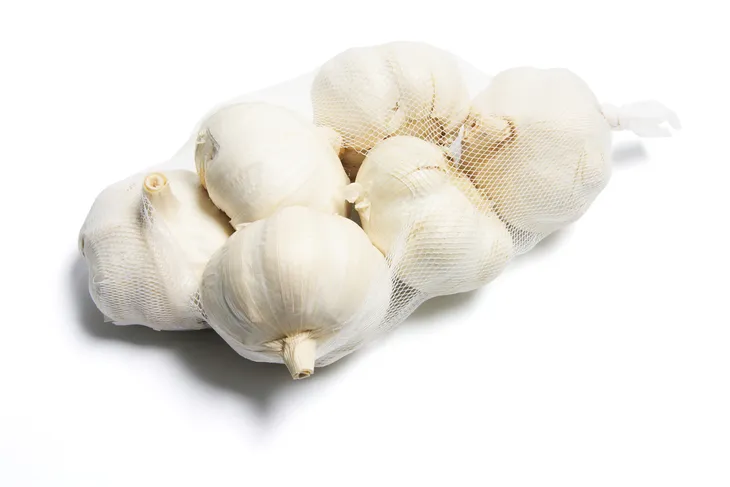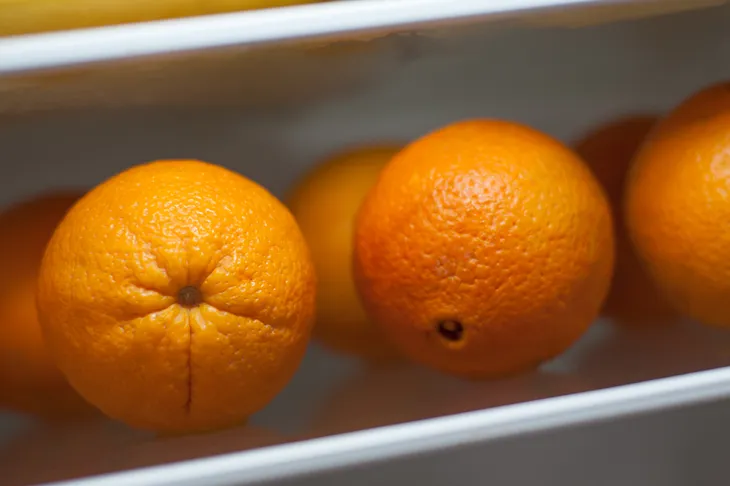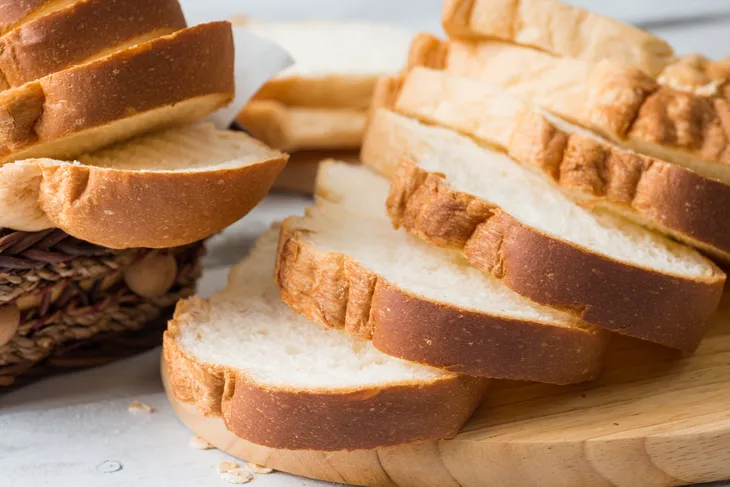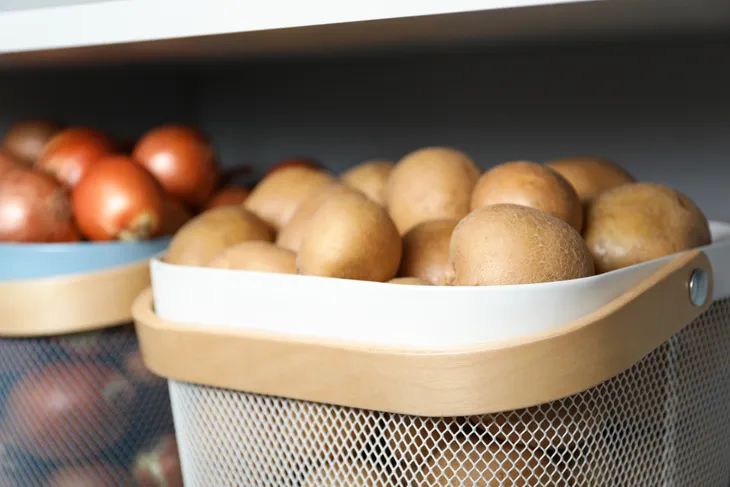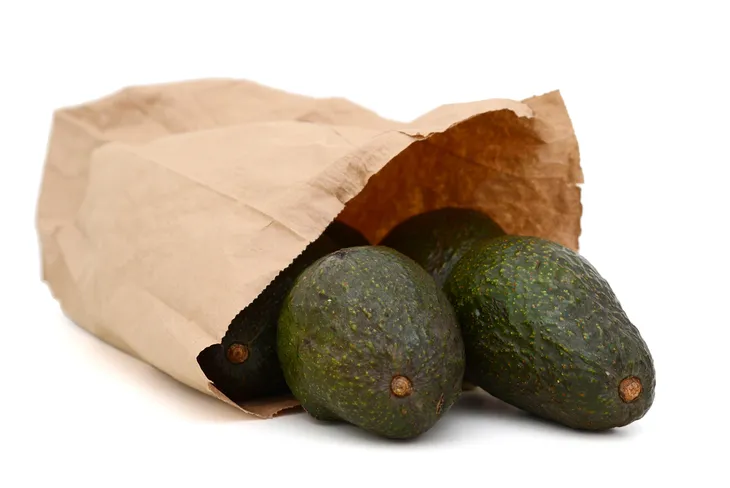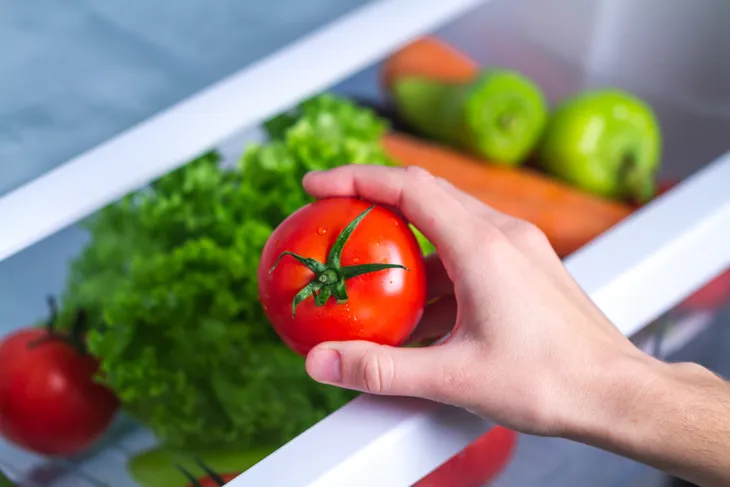When you bring tomatoes or potatoes home from the grocery store do you pop them in the fridge? It turns out that by storing certain foods in the wrong places, you might actually be delaying their ripeness or speeding up their decay. After all, food storage is all about location, location, location! Keep your foods safer, fresher, and tastier by knowing how to store them properly…
Coffee
My mother used to store all of her coffee in the freezer, not in the fridge, java got the deep chill. However, fridge or freezer, by storing your grounds (or beans) in a moist environment, you’re doing it a disservice, according to food scientists at South Carolina’s Clemson University.
According to food researchers, once coffee is exposed to fluctuating air temperature it develops condensation that leads to diminished flavor. For a more flavorful cup, keep your coffee dry in an airtight canister, in an air temperature cabinet.
Garlic
You would by right to tuck your garlic away from other vegetables so as not to scare their signature flavors off. Garlic is one veggie that tends to permeate, or overtake, the flavor of others.
You should store garlic in a dry, dark cabinet to prevent rot. I like to tuck mine into a bowl and store it away from other veggies in a cupboard with my other spices.
Citrus
You might like the look of a bright orange or yellow bowl of navel oranges and grapefruits. However, food scientists point out that citrus fruits are best stored in your refrigerator.
Why? Because lemons, limes, oranges, and grapefruits don’t ripen any further once they’ve been picked. They go from tree to full ripeness, which means they’ll go bad pretty quickly if they’re stored out of the cool zone. To extend their consumption time, store them in the fridge.
Bread
Do you have a bread basket on the counter? A special cupboard for your weekly loaf? Or do you tuck away bread in the fridge. Well, it turns out that bread is best kept either in a cabinet or directly on your counter at room temperature.
The fridge dries bread (and other baked goods) out, turning it to stale quickly. Instead, tuck it on the counter in its original bag to keep your favorite rye, wheat, multigrain, or white loaf at the peak of freshness. It should last 4- to 5-days.
Potatoes
There’s a reason why grandma asks you to go into the basement to fetch her potatoes when you go over for Sunday dinner. Potatoes (or any root veggie) is best kept in a cool, dry, dark environment, like your basement.
You can alternatively tuck potatoes under the counter, in a dark, dry cupboard, as long as it’s cool. Moisture can quickly turn potatoes to rot. And be sure to store them separate from other veggies as they can quicken the ripening process of other veggies.
Avocados
The manner in which you want to store your avocados really depends on their readiness to eat. Rock hard avocados should be tucked into a paper bag to speed up their ripening process. Whereas a ripe avocado can be stored in the fridge.
But don’t give an avocado a brown paper bag home and forget about it. Usually a fruit will ripen fully, even if it’s rock hard, in 2 to 3 days’ time.
Tomatoes
Some folks store their tomatoes directly in the fridge—while I keep mine on the counter. Neither method is wrong, it’s just preference. And here’s why…
Storing tomatoes in a fruit bowl on your countertop is perfectly fine if you like them a little ripper. After all, much of the produce purchased at your market isn’t’ quite ripe. However, once my tomatoes start looking and feeling a bit soft—or if I’ve sliced a bit off—they go directly into the fridge.
